1. Walking barefoot in public

Image Source: BuzzFeed
While it may not be the most hygienic choice, it's generally not against the law. People often do so at beaches, parks, and in their neighborhoods. However, it's advisable to consider the cleanliness of the area and potential hazards like broken glass.
2. Using fake names online
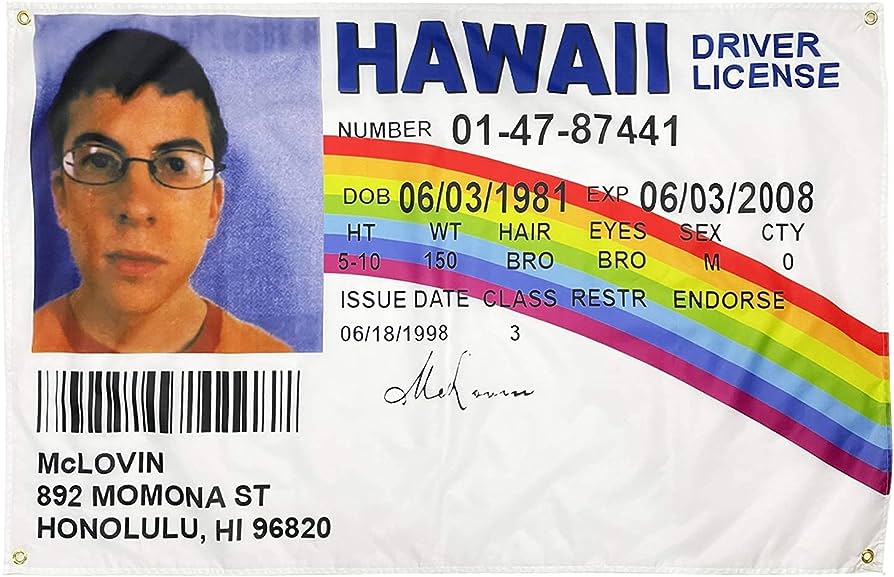
Image Source: Amazon UK
As long as you're not using fake identities for fraudulent purposes, it's generally acceptable. Online pseudonyms or aliases are commonly used for privacy reasons, but engaging in identity theft or other illegal activities can have serious legal consequences.
3. Lying in general

Image Source: Hollywood in Toto
Honesty is highly valued in society, but lying itself is not typically illegal. However, lying under oath in court or making false statements to law enforcement can result in legal repercussions. In everyday life, lying can lead to trust issues and strained relationships.
4. Eating while driving

Image Source: CT Insider
Distracted driving laws primarily focus on phone use, so eating while driving is typically not expressly forbidden by law. Nonetheless, it's essential to emphasize road safety and reduce distractions, including eating, to avoid potential accidents. Engaging in activities that divert your attention from the road can lead to hazardous situations, and even though eating may not be illegal, it can impair your ability to react to unexpected situations on the road. Therefore, it's advisable to consume food before or after your journey or pull over safely to enjoy a meal without endangering yourself or others.
5. Sending unsolicited junk mail

Image Source: Reddit
While the act of sending unsolicited junk mail can be exasperating for recipients, it usually doesn't violate the law. However, it's essential to note that there are regulations in place to address this issue. Anti-spam laws, like the CAN-SPAM Act in the United States, impose restrictions on the sending of commercial emails without the recipient's consent. These laws require senders to include opt-out options and accurate sender information. Additionally, sending unsolicited junk mail in a harassing or threatening manner may be subject to harassment or stalking laws, depending on the jurisdiction. So, while it may not always be illegal, it's crucial for senders to be aware of and adhere to relevant regulations to avoid legal consequences.
6. Not tipping at a restaurant

Image Source: Reddit
ipping is customary in the United States to reward good service, but it's not legally required. Servers often rely on tips as a significant part of their income, so not tipping should be done sparingly and for valid reasons, such as exceptionally poor service.
7. Cursing in public

Image Source: YouTube
In the United States, cursing in public is generally protected as free speech under the First Amendment unless it constitutes a direct threat, harassment, or fighting words. However, it's important to exercise discretion and be respectful of others in public spaces.
8. Changing lanes in an intersection

Image Source: Driving-Tests.org
Traffic rules regarding changing lanes within intersections vary across states, but in most cases, it's allowed unless specific road signs indicate otherwise. Nevertheless, prioritizing safety is paramount. Always utilize turn signals and adhere to traffic laws meticulously when considering a lane change within an intersection. By doing so, you contribute to a safer driving environment and reduce the risk of accidents, ensuring the well-being of both yourself and fellow road users.
9. Car window tinting
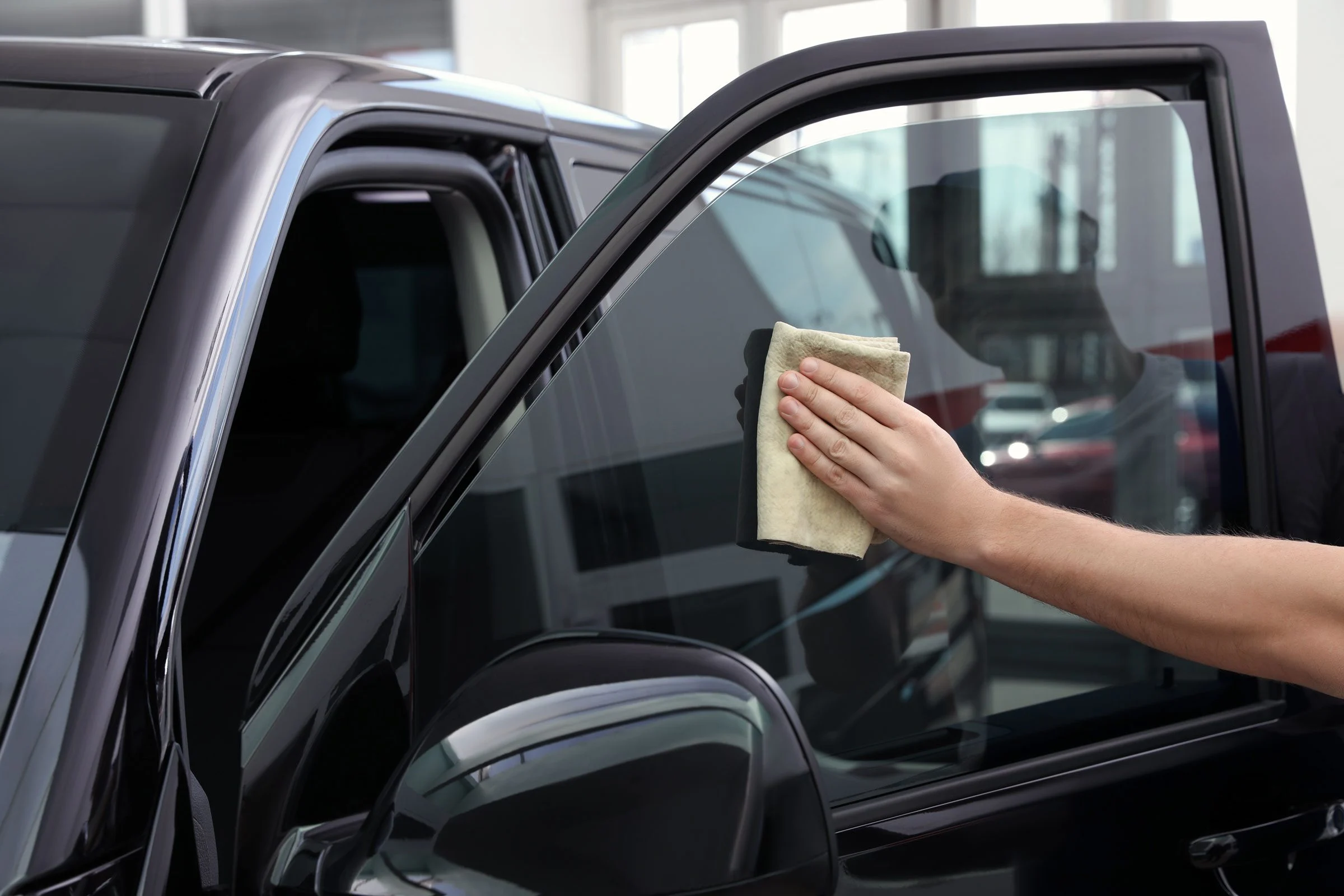
Image Source: Family Handyman
Generally, car window tinting is permitted within limits defined by state regulations. However, exceeding these limits can lead to fines or citations. Staying informed about your state's window tint regulations is crucial to avoid potential legal complications. By adhering to these limits, you not only stay on the right side of the law but also ensure visibility for safe driving, especially at night or in adverse weather conditions.
10. Sleeping in your car
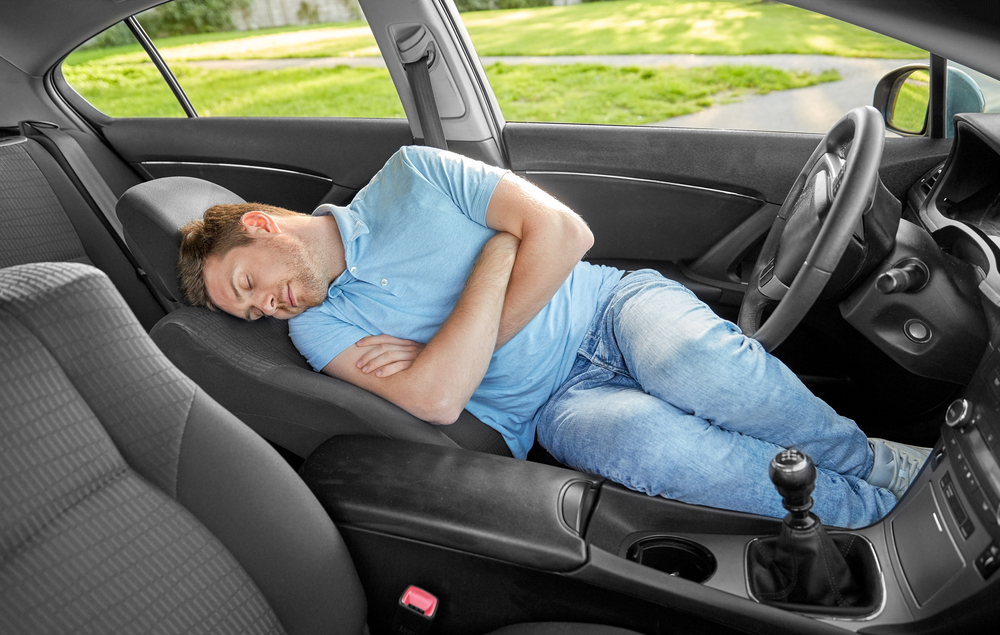
Image Source: DubsLabs
Many regions allow sleeping in cars, particularly in designated areas or when it doesn't disrupt traffic flow. However, it's essential to be aware that local regulations can differ significantly. Therefore, it is imperative to thoroughly research local laws and respect private property rights when making the decision to sleep in your vehicle. This approach helps you avoid potential legal issues and ensures considerate behavior towards property owners and the community at large.
11. Collecting rainwater

Image Source: KD Pumps
The legality of collecting rainwater is a complex, state-dependent issue. In some states, it's restricted due to concerns about water rights, while in others, it's encouraged as a sustainable practice to conserve water resources and promote self-sufficiency. Understanding your state's specific regulations is essential to avoid potential legal issues
12. Openly carrying a firearm

Image Source: Bloomberg.com
The permissibility of openly carrying a firearm without a concealed carry permit varies widely across states. Some states uphold open carry rights as part of their gun rights provisions, while others require permits or may restrict open carry in specific circumstances. Familiarizing yourself with your state's firearm laws is crucial to ensure compliance and avoid legal complications.
13. Taking expired food from a dumpster
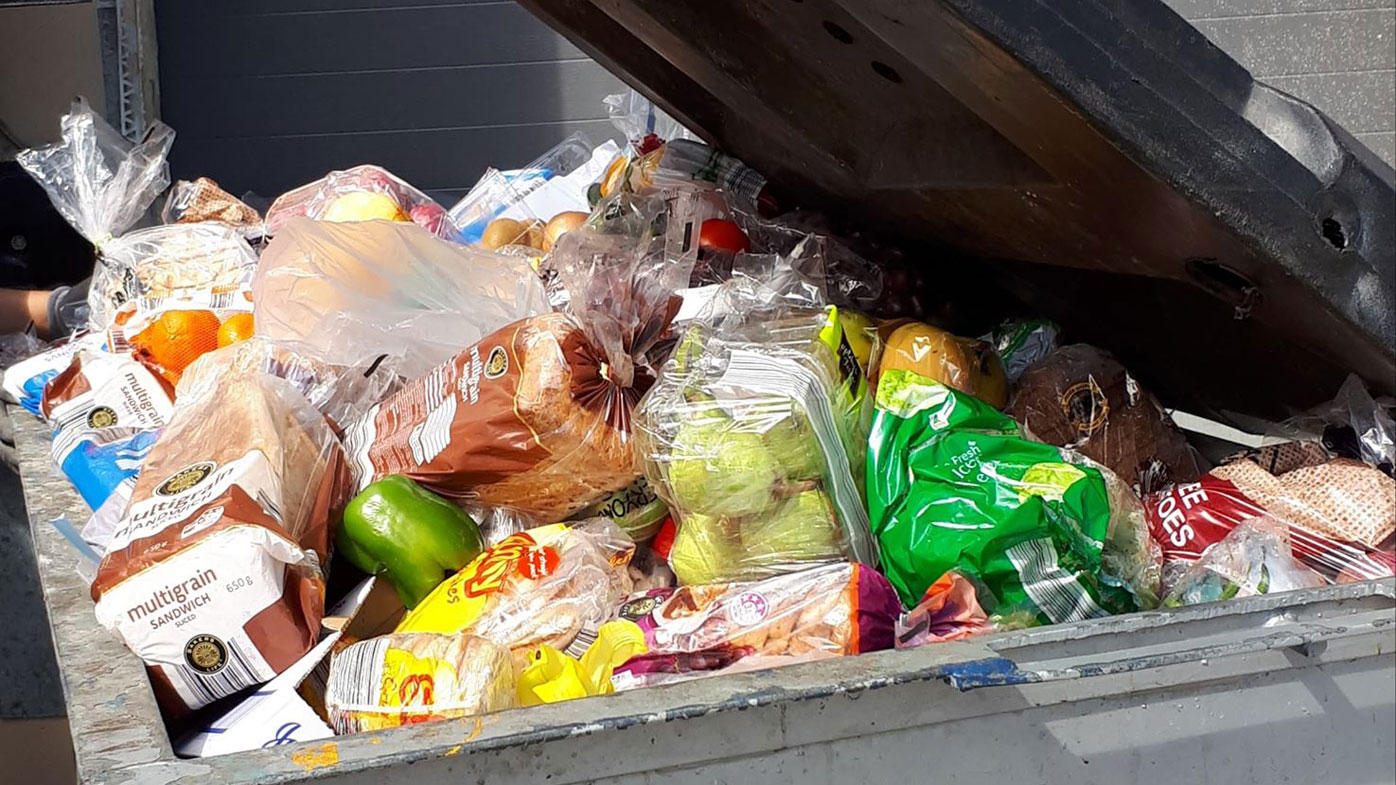
Image Source: 9News
Salvaging expired food from dumpsters is generally not illegal in many areas. This practice aligns with efforts to combat food waste, reduce environmental impact, and provide for those in need. However, it's essential to exercise caution and discernment to ensure the safety of the food and to respect any local regulations or property owner rights.
14. Refusing a police search

Image Source: Reddit
In most situations, you have the right to refuse a police search without a warrant or probable cause. Asserting your Fourth Amendment protection against unreasonable searches and seizures is fundamental to safeguarding your civil liberties. However, understanding the nuances of when and how you can assert this right is crucial in interactions with law enforcement.
15. Recording a conversation with consent

Image Source: Canadian HR Reporter
Recording a conversation with the consent of at least one party is often legally permissible in many jurisdictions. This one-party consent rule strikes a balance between privacy considerations and the need for recording for various purposes, including documentation and legal protection.
16. Reselling concert tickets at a markup
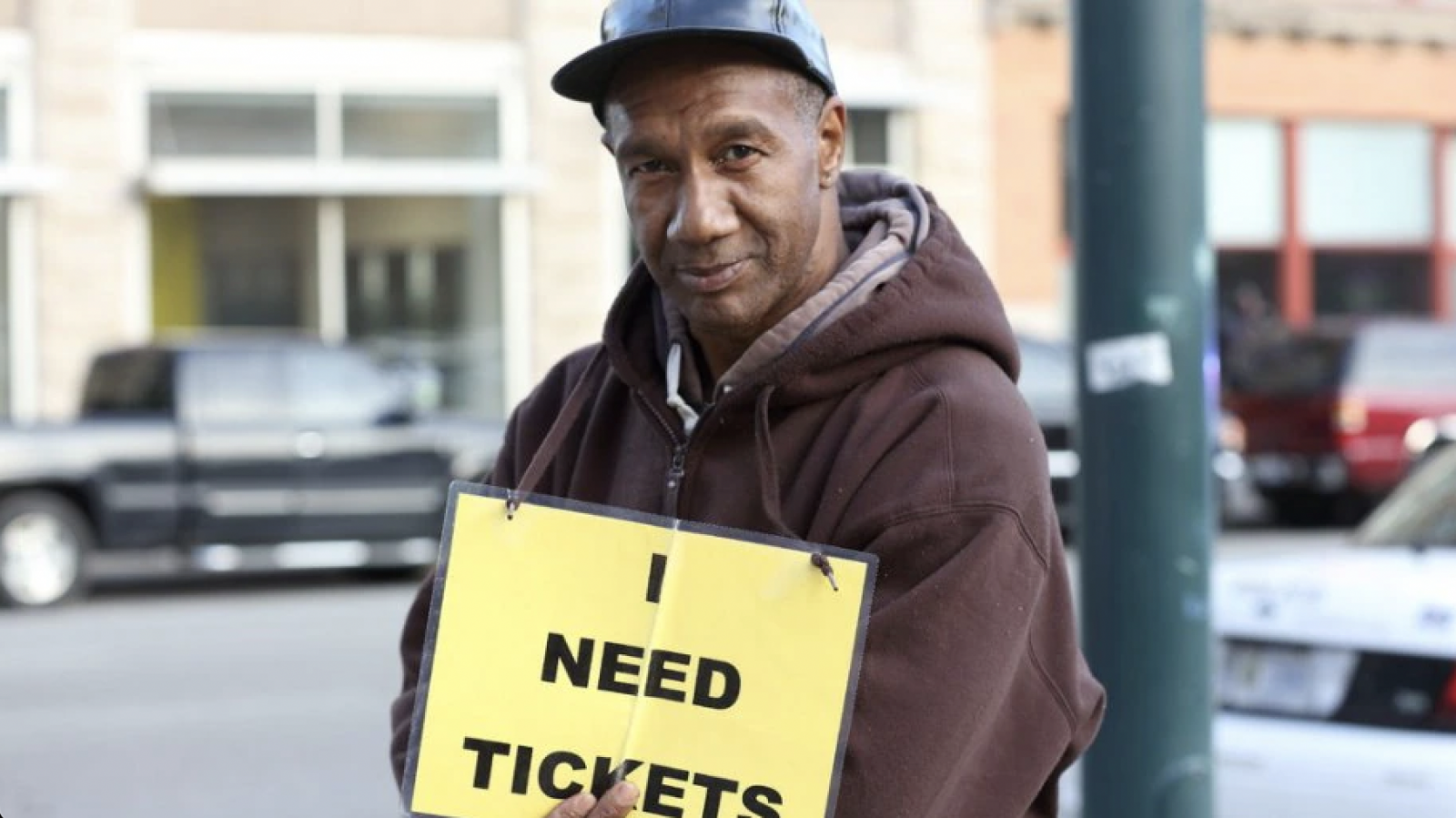
Image Source: Wunderground Music
Reselling concert tickets at a markup is typically allowed unless expressly prohibited by the event organizer or local regulations. The secondary ticket market provides individuals with the opportunity to buy and sell tickets, but it's essential to be aware of any event-specific restrictions.
17. Panhandling
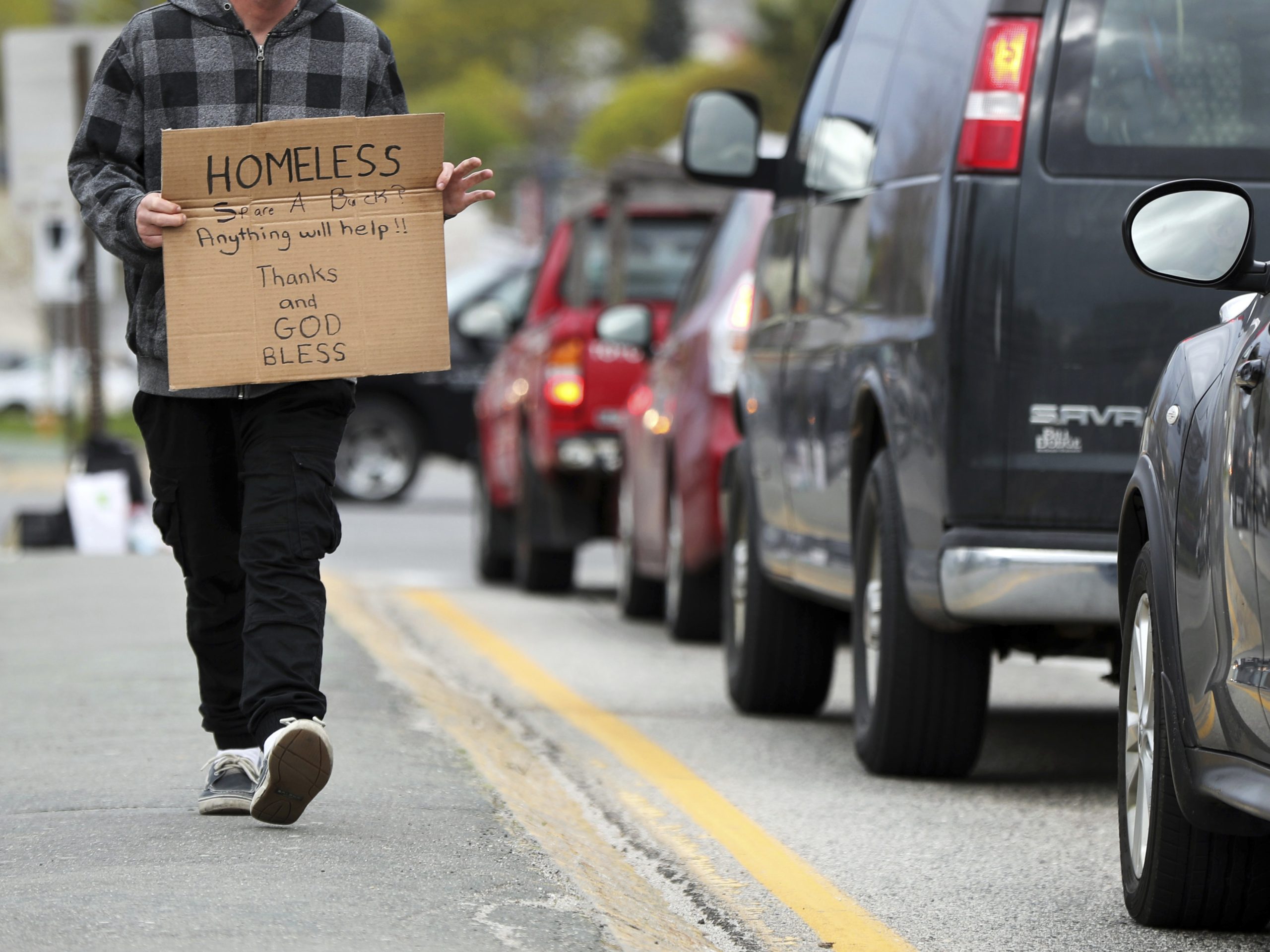
Image Source: NPR
Panhandling is often protected as a form of free speech under the First Amendment, but specific restrictions may apply in some municipalities to ensure public safety and order. Understanding local ordinances and respecting any reasonable limitations is important for both panhandlers and communities.
18. Firing employees without cause

Image Source: Times Now
In at-will employment states, employers generally have the legal right to terminate employees without specifying a cause, emphasizing flexibility in employment relationships. However, it's crucial for employers to comply with relevant employment laws and contractual agreements.
19. Taking items from the trash

Image Source: Woodford Recycling
Discarded items placed in the trash are typically considered public property, allowing individuals to retrieve discarded goods. This practice promotes recycling, reduces waste, and aligns with sustainability efforts. Nonetheless, it's important to be mindful of any local regulations or restrictions and to respect private property rights when scavenging in certain areas.
20. Public nudity in designated areas

Image Source: www.dnainfo.com
Certain locales, such as nudist beaches or festivals, endorse public nudity within designated zones. This approach harmonizes with cultural norms and personal liberties, providing a structured environment for those who opt for clothing-free experiences.
21. Jaywalking
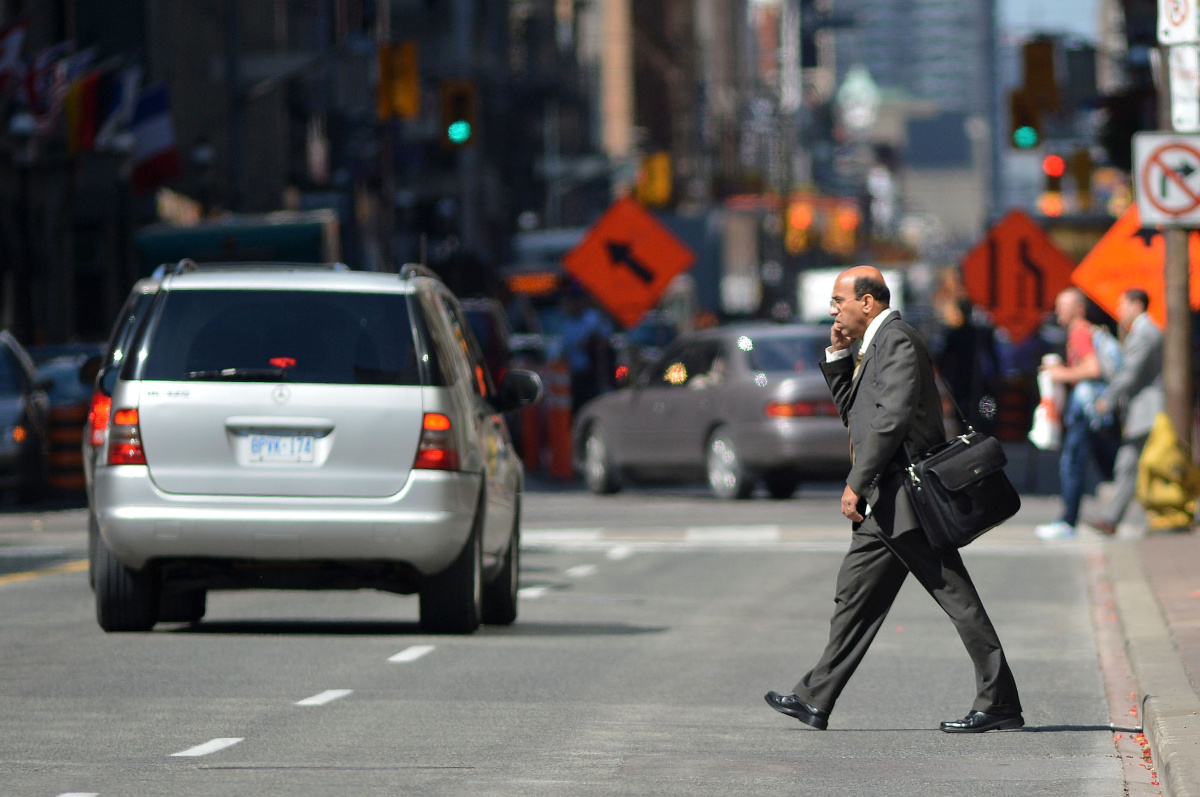
Image Source: The McGill Tribune
While not a recommended practice from a safety standpoint, it's often not subject to strict enforcement by law enforcement agencies. Jaywalking involves crossing streets outside designated crosswalks or against traffic signals. While it's generally considered unsafe and discouraged, police priorities often focus on more severe traffic violations and public safety concerns, leading to less consistent enforcement.
22. Feeding stray animals

Image Source: The Times of India
In most cases, offering food to stray animals is considered a humane act, reflecting care and compassion for animals in need. Unless explicitly prohibited by local ordinances or regulations, this practice is generally accepted. Communities recognize the importance of helping stray animals, but it's advisable to check local rules to ensure compliance.
23. Recreational drone flying

Image Source: C4ISRNet
Enjoying recreational drone flying is legal as long as you adhere to the guidelines set forth by the Federal Aviation Administration (FAA). These rules aim to ensure safety and responsible operation of drones, such as flying within allowable altitudes and staying away from restricted areas like airports. By following FAA regulations, drone enthusiasts can pursue their hobby while minimizing risks to airspace and public safety.
24. Public alcohol consumption

Image Source: Spiegel
The permissibility of drinking alcohol in public areas depends on local laws and city ordinances. In some cities with open container laws, individuals are allowed to consume alcohol in designated public spaces or during specific events. These regulations aim to create a relaxed atmosphere for responsible drinking while maintaining public order and safety.
25. Cursing on TV or radio after a certain hour

Image Source: ew.com
Television and radio content regulations vary, and they often become more lenient during late-night hours. This relaxation of rules acknowledges the adult-oriented nature of programming during these times. It allows for more expressive freedom, including the use of profanity, while taking into account viewers' expectations and sensitivities.
26. Not wearing a seatbelt in the backseat

Image Source: Quittance Legal Services
With the exception of New Hampshire, every state has seat belt laws in place. These laws can be categorized as either "primary" or "secondary" enforcement. Primary enforcement laws empower police officers to stop drivers and issue tickets solely based on the absence of seat belt usage by the driver or their passengers. No matter where you are in the country, you should ALWAYS wear a seatbelt, even if you don't think it's necessary!
27. Taking your dog into stores

Image Source: RetailWire
Many pet-friendly stores welcome well-behaved dogs, recognizing the importance of accommodating pet owners while shopping. These establishments create a welcoming environment for both customers and their furry companions, fostering a positive shopping experience.
28. Selling items on your front lawn

Image Source: Reddit
Yard sales, where individuals sell items from their property, are typically allowed and provide a convenient way for people to declutter and find bargains. However, some local regulations may impose restrictions on the frequency or scale of such sales, so it's advisable to be aware of and comply with any relevant rules.
29. Sharing your Netflix password

Image Source: 9to5Mac
While sharing your Netflix password with friends or family members is technically against the service's terms of service, it is rarely prosecuted. Netflix acknowledges that password sharing can be common among households and typically focuses on addressing more substantial issues, such as account sharing with multiple unrelated individuals.
30. Soliciting without a permit
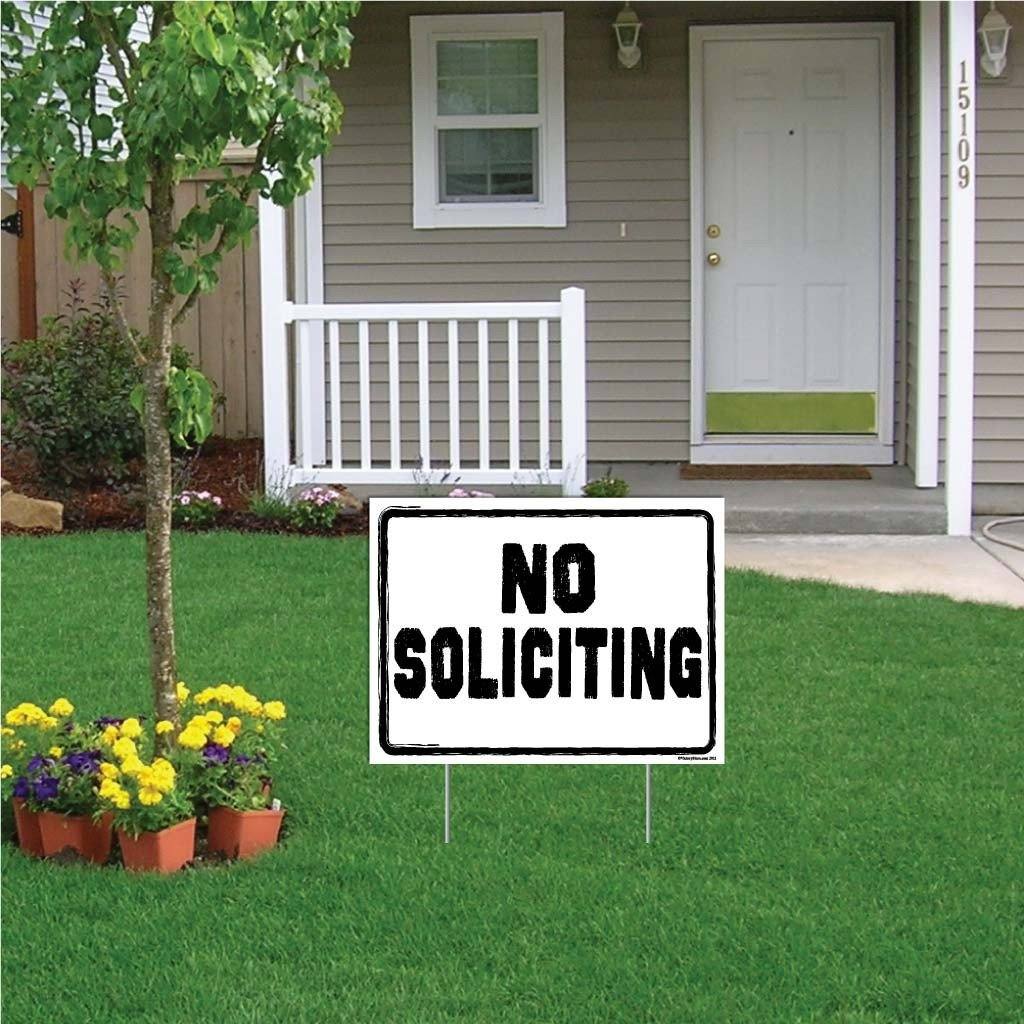
Image Source: VictoryStore.com
Certain types of solicitation, such as political canvassing or nonprofit fundraising, may not require a formal permit in some jurisdictions. However, solicitation regulations vary by locality, and it's essential to be aware of specific rules and comply with any applicable permits or licensing requirements to avoid legal issues.





























